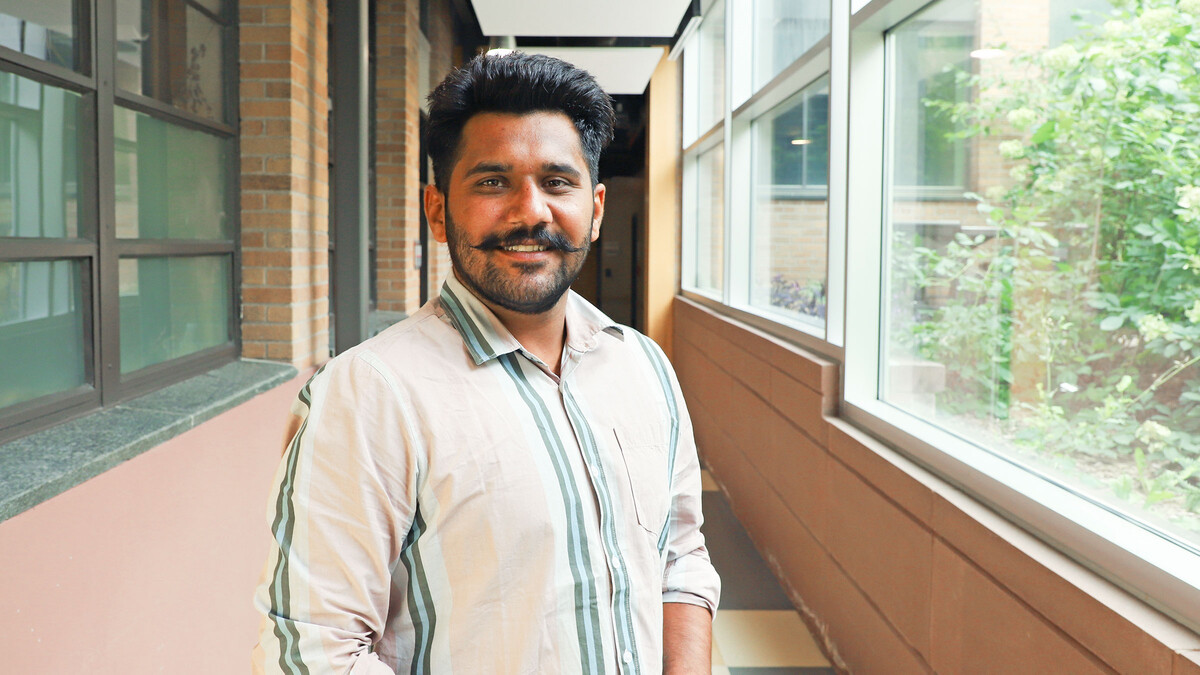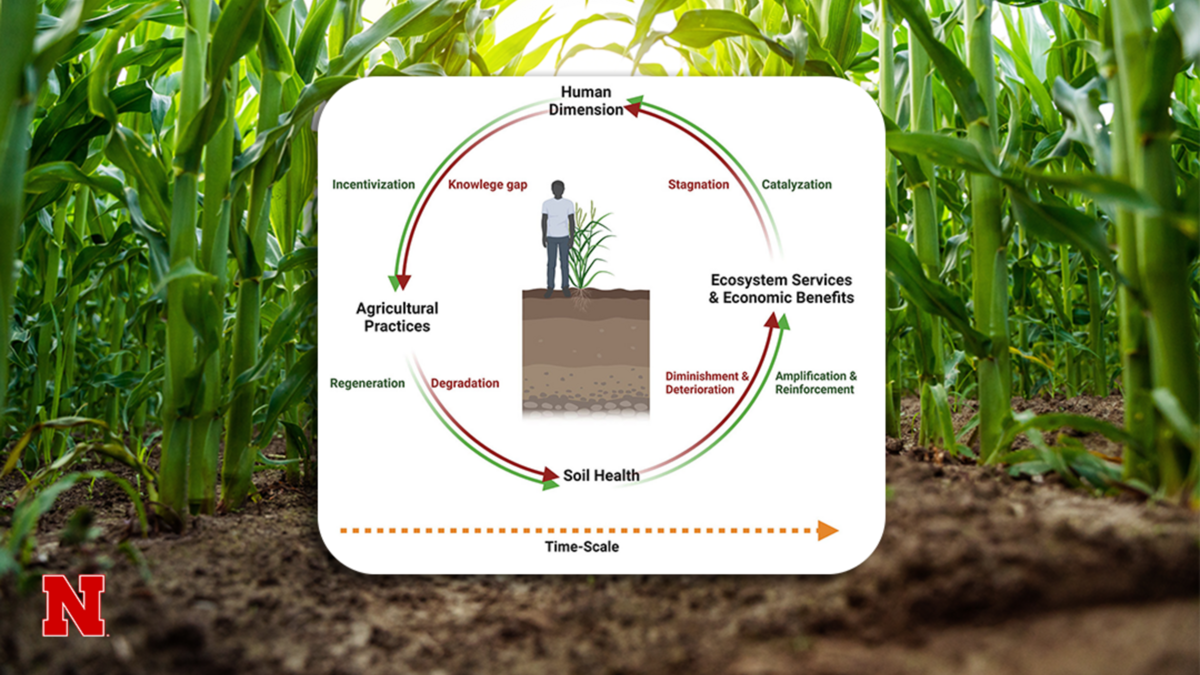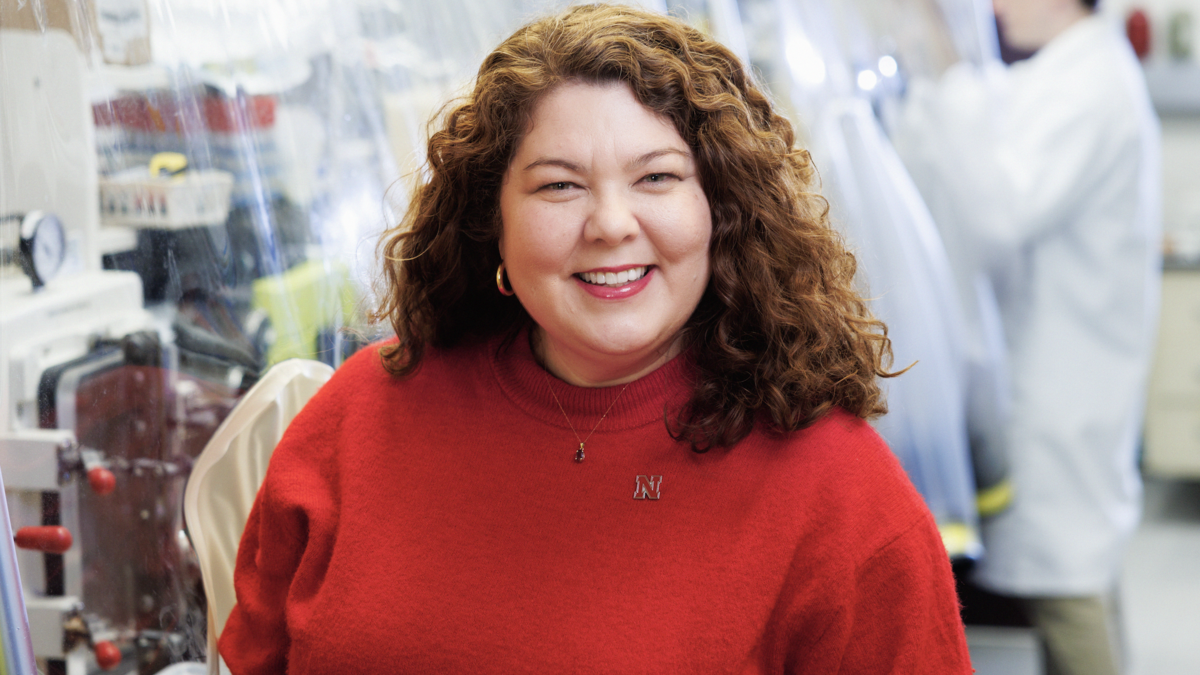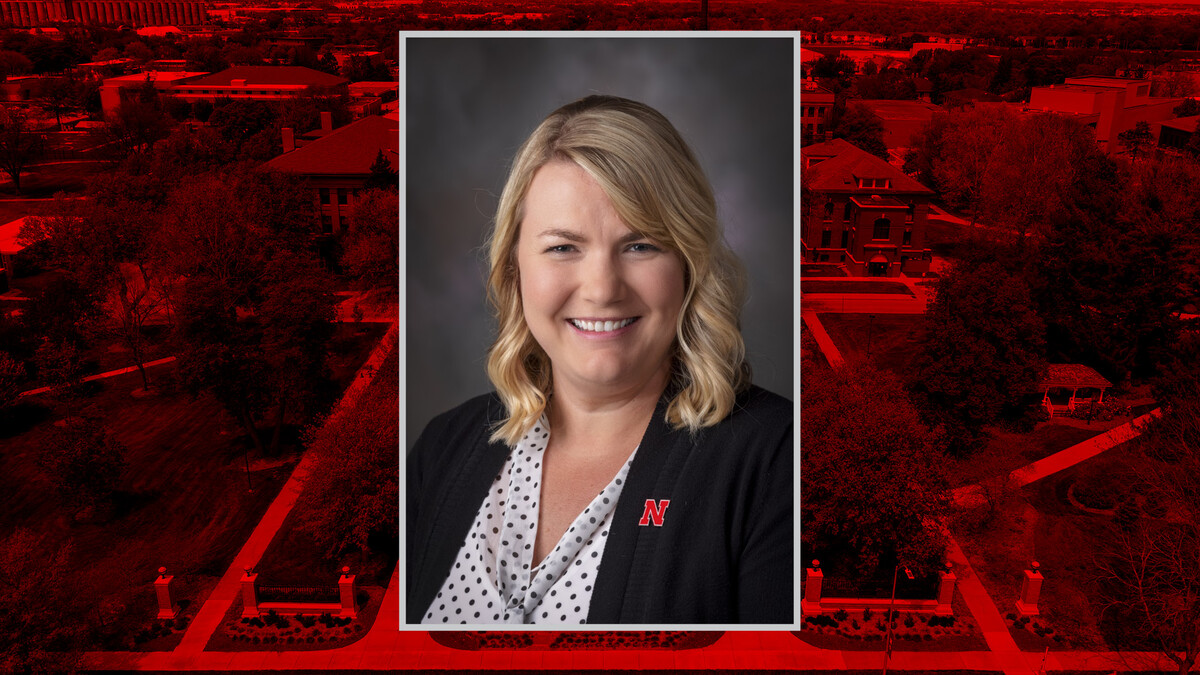Nov. 19, 2013
LINCOLN, Neb. — University of Nebraska-Lincoln Extension and Nebraska OCIA will co-sponsor a no-till organic crop rotation workshop from 1:30-4 p.m. on Jan. 11 at Central Community College, 4500 63rd St., Columbus.
Randy Anderson, USDA-ARS research agronomist at the North Central Agricultural Research Laboratory in Brookings, S.D., will present his research findings followed by a farmer roundtable discussion on cropping systems. Cost to attend the workshop is $15. Registration is at the door and the event is open to the public.
Anderson, a weed ecologist, will discuss the goal of his research program to develop a continuous no-till cropping system for organic producers. He will present results on converting red clover fields to cropland without tillage and describe a no-till cultural system that suppresses weed growth in soybean more effectively than tillage-based management. Though this is focused on organic producers, any producer wanting to decrease input costs will find this information useful.
Anderson also will discuss the impact of underseeding clovers in winter and spring wheat on downy brome growth. Producers will learn how to minimize the need for tillage to control weeds and how a system based on winter-killed cover crops can control weeds adequately to grow no-till.
Anderson’s research focuses on reducing the need for weed management inputs by understanding the aspects of weed population dynamics. He developed a population-based approach to weed management that reduced input costs for weed management 50 percent compared to conventional practices. He looks at the benefit of crop diversity and crop sequences that are synergistic and improve growth efficiency of the following crop, thus crop yield can increase without needing to increase resource inputs such as fertilizer or water. He has observed that tolerance to weed interference is greater with synergistic sequences, thus possibly reducing the need for herbicides.
Producers using no-till rotations can learn more about how synergistic crop sequences are improving land productivity, farm economics, soil health and resource-use-efficiency in the semiarid Great Plains. UNL will share an update on organic research results using crimper and flamer to manage weeds.
A round table discussion will follow so producers will have a chance to discuss their crop rotations and how they can reduce tillage and improve soil health.
For more information about the workshop contact Liz Sarno at 402-309-0944.
Liz SarnoExtension Educator/Organic Project Coordinator
402-309-0944
esarno2@unl.edu
Sandi Alswager Karstens
IANR News Service
402-472-3030
skarstens2@unl.edu







